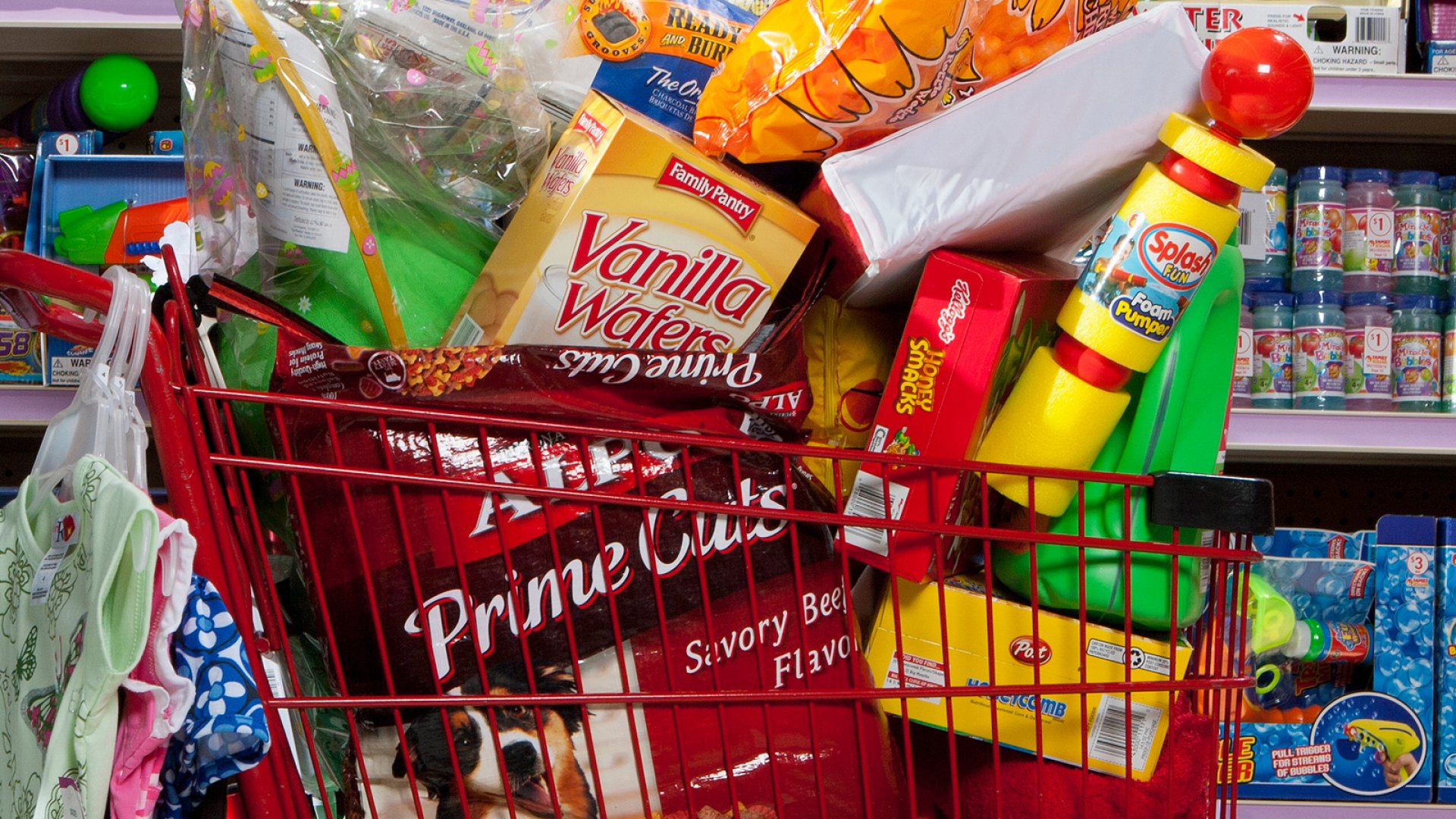In today's fast-paced world, convenience has become a crucial aspect of our daily lives. From grocery shopping to personal care products, convenience goods play a significant role in meeting our immediate needs. In this article, we will explore the concept of convenience goods, their evolution over time, and the impact they have on modern lifestyles.
- Understanding Convenience Goods:
Convenience goods refer to products that are readily available, affordable, and require minimal effort to purchase. These goods are typically non-durable and frequently consumed, making them essential for our day-to-day routines. Examples include packaged snacks, toiletries, beverages, and ready-to-eat meals. - The Evolution of Convenience Goods:
Convenience goods have undergone a remarkable transformation over the years, driven by advancements in technology, changing consumer preferences, and the need for time-saving solutions. Initially, convenience goods were limited to basic necessities like canned foods and household supplies. However, with the rise of e-commerce and digital platforms, the range of convenience goods has expanded exponentially. - The Impact on Modern Lifestyles:
3.1 Time Efficiency:
Convenience goods have revolutionized the way we shop and consume products. With the advent of online shopping and delivery services, we can now save valuable time by having goods conveniently delivered to our doorstep. This time efficiency allows us to focus on other aspects of our lives, such as work, family, and personal pursuits.
3.2 Convenience and Accessibility:
The availability of convenience goods in various formats, such as single-serving packages or travel-sized options, has made them easily accessible for on-the-go consumption. This accessibility caters to the needs of busy individuals, frequent travelers, and those seeking instant gratification.
3.3 Health and Wellness:
Convenience goods have also adapted to meet the growing demand for healthier options. Many brands now offer convenience products that are organic, gluten-free, or cater to specific dietary requirements. This shift towards healthier convenience goods aligns with the increasing emphasis on personal well-being and nutrition.
- The Role of Technology:
Technology has played a pivotal role in enhancing the convenience goods industry. Mobile applications, smart devices, and voice assistants have made it effortless to order products, track deliveries, and receive personalized recommendations. Additionally, advancements in packaging and preservation techniques have extended the shelf life of convenience goods, ensuring freshness and quality. - Sustainability and Ethical Considerations:
As convenience goods continue to gain popularity, it is crucial to address sustainability and ethical concerns. The excessive packaging and waste generated by single-use convenience products have raised environmental issues. However, many companies are now adopting eco-friendly practices, offering refillable options, and promoting recycling initiatives to mitigate these concerns.
Conclusion:
Convenience goods have become an integral part of our modern lifestyles, providing us with time-saving solutions and meeting our immediate needs. The evolution of convenience goods, driven by technology and changing consumer demands, has transformed the way we shop and consume products. As we move forward, it is essential to strike a balance between convenience, sustainability, and ethical considerations to ensure a harmonious coexistence with our environment.

